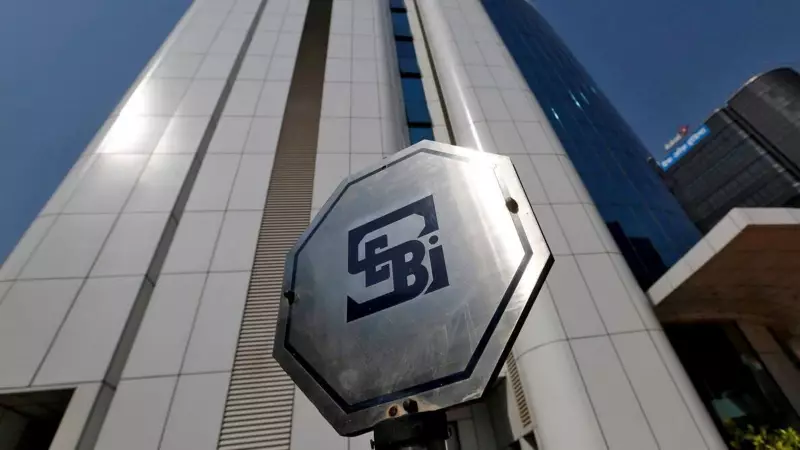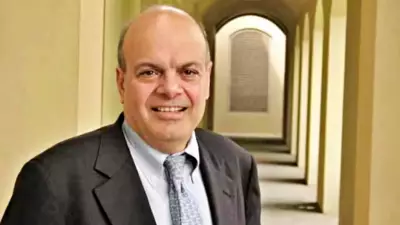
The Securities and Exchange Board of India (Sebi) will deliberate on crucial reforms concerning conflict of interest and disclosure requirements for its officials during its upcoming board meeting scheduled for December 17, according to Chairman Tuhin Kanta Pandey.
The discussion will center around the comprehensive report submitted by a high-level committee that proposes significant changes to enhance transparency and ethical standards within the capital markets regulator.
Key Recommendations for Enhanced Transparency
The committee, which released its findings on November 12, has recommended establishing a multi-tier disclosure system that would require the Sebi chairman, whole-time members, and employees at the level of chief general manager and above to publicly disclose their assets and liabilities statements.
The panel also proposed applying uniform investment and trading restrictions to the chairman and whole-time members, similar to those currently applicable to employees under the Sebi (Employees' Service) Regulations, 2001. Additionally, it suggested including these senior officials within the definition of 'insider' under the Sebi (Prohibition of Insider Trading) Regulations, 2015.
Whistleblower System and Cooling-Off Period
Among the notable recommendations is the establishment of a secure, confidential, and anonymous whistleblower mechanism. This system would enable board members, employees, and external stakeholders to report actual, potential, or perceived conflicts of interest without fear of retaliation.
The committee has also suggested implementing a two-year cooling-off period for former members and employees. During this period, they would be prohibited from appearing before or against Sebi in any recognition, adjudication, settlement, or approval matters.
This restriction would extend to contractual employees, consultants, and advisors, applying from their date of retirement or relief from Sebi duties.
Addressing the Investor Awareness Gap
Chairman Pandey emphasized the critical need to bridge the gap between investor awareness and actual participation in securities markets. He cited concerning data from a recent Sebi investor survey indicating that while 63% of households possess knowledge about available market products, only 9.5% actually invest in securities markets.
Pandey revealed that India has reached 13.6 crore investors holding over 21 crore demat accounts as of October 2025, with more than 1 lakh new demat accounts being opened daily. The mutual fund industry has witnessed remarkable growth, with investments reaching ₹80 lakh crore, representing a seven-fold increase over the past decade.
The chairman stressed that financial inclusion extends beyond mere access to include proper investment knowledge and market confidence. He highlighted the importance of the 'Sebi Check' tool, launched on October 1, which helps investors protect themselves against potential scams.
The high-level committee was established in March this year following allegations of conflict of interest against former Sebi chief Madhabi Puri Buch by the now-defunct US-based short seller Hindenburg Research. The expert panel was specifically tasked with evaluating the adequacy of Sebi's existing framework and proposing reforms to strengthen transparency, accountability, and ethical standards.





